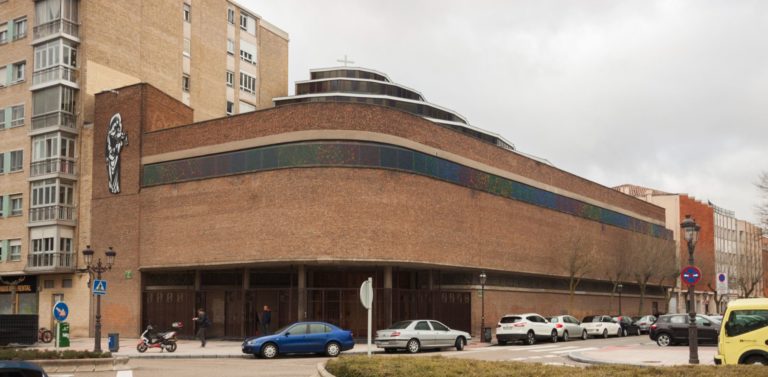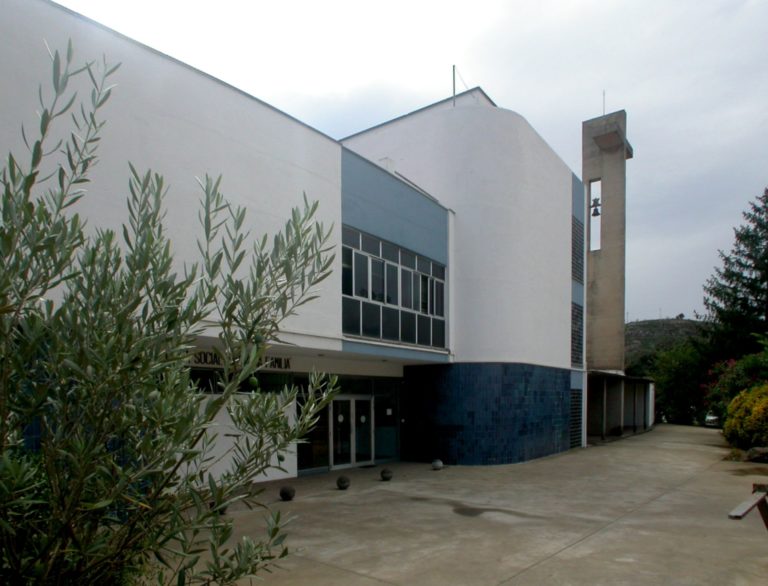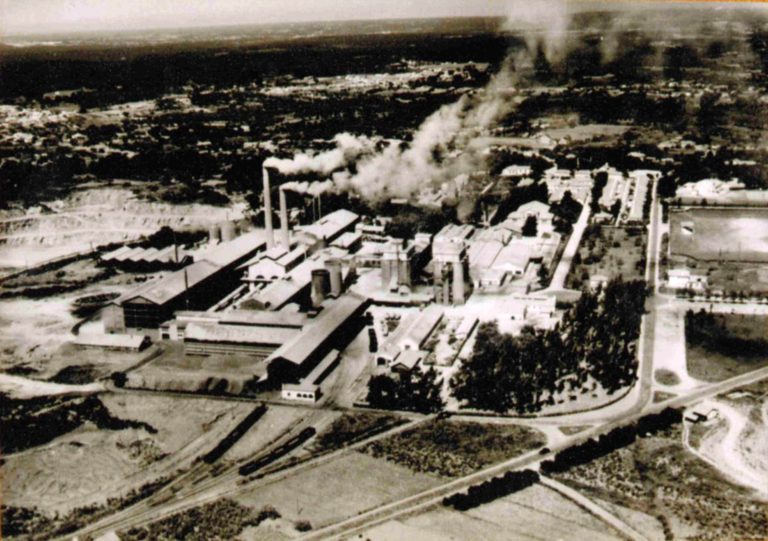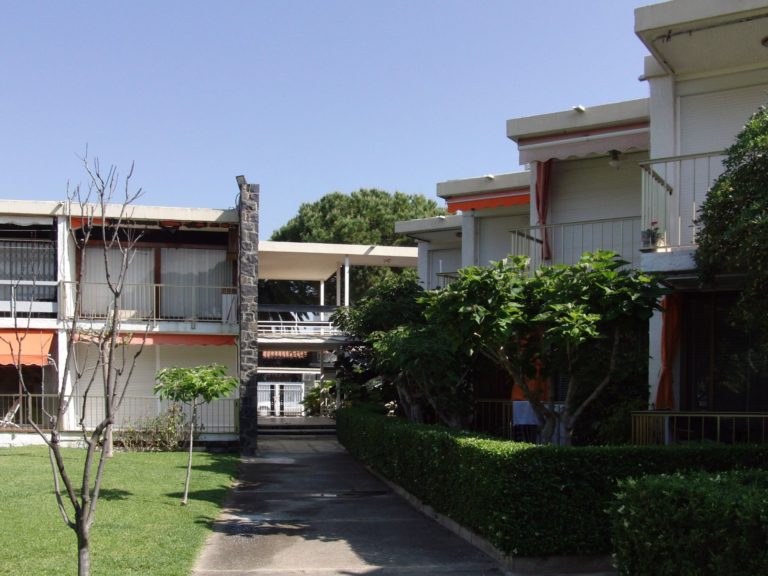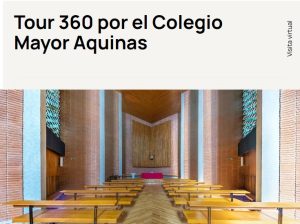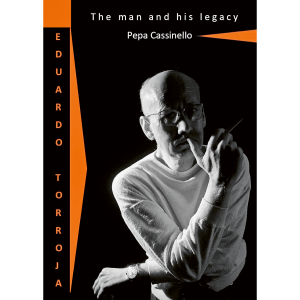Abstract
There are many publications of various types, which mention Cadaqués architecture; those however are in most cases romantic and enthu¬siastic lectures of his architecture.
The matter, the author says, is more complicated, it is produced by a series of interactive relationships between the Cadaqués citizens, the economical and political power, the rules, laws and customs that this power produces, and his architecture is a result of this relationship.
In history, the economical development, his macro economy and his system, has periods with maximums and minimums, corresponding with the welfare and crisis moments, opposed them in the time also, in which ones, the architecture that has its own independence and autonomy, lost these qualities or there are not the determinants, the economical ones are the determinants in these moments.
These periods called “discontinuities” produce new architectonical types, the collective conscious and unconscious works in the direction of welfare and prosperity, the society in his totality works producing more and better, the economical resources contribute to produce bigger and better architectural objects, those ones, are the new types introduced in Cadaqués, like an example, and those built by sensitive artists could mean critical and avant-garde objects.
There are others which have not the same kind of work, their authors do not have the same sensibility, and those ones, inside a continued typological work are easily detectable, the do not understand all the architectonic tradition, and their work can not be considered as well integrated.
The architectural education should not forget this matter, the history must be present, and the types can be a way to introduce the students to the historical relationship without forgetting our modern culture, our XXth century belonging, and the future of our civilization, the science and technological progress, without loosing our collective memory, our legacy.
